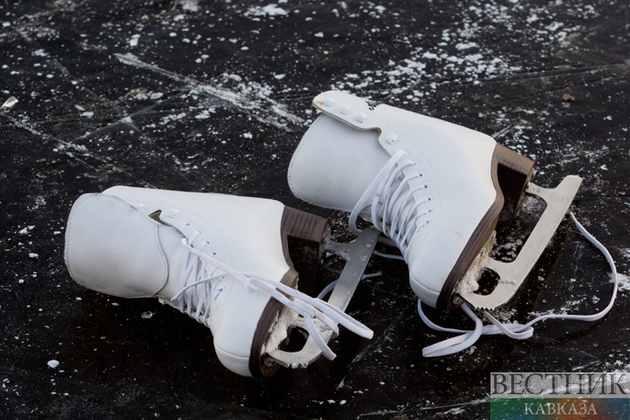As we gear up for yet another Olympic Games during the COVID-19 pandemic, athletes and spectators across the globe are figuring out what this year's competition might actually look like. "We draw on the experiences from other international sports events, including the successful Tokyo 2020 Games, and the COVID-19 policy currently in effect in China," the International Olympic Committee told TODAY in a statement.
To ensure the 2022 Beijing Winter Olympics take place as safely as possible, officials are implementing a vaccination policy, frequent COVID-19 testing and what the IOC is calling a "closed loop" system to reduce the chances of spreading the virus, the IOC explained. Even with the many precautions in place, an athlete may still test positive — but there are protocols to keep them, their close contacts and the rest of the Games' athletes and staff safe.
What kind of COVID-19 testing protocols are in place for athletes?
Athletes at the Beijing 2022 Olympic Winter Games should be prepared to be tested frequently. Regardless of vaccination status, athletes will need to provide two negative PCR tests taken within 96 hours of their departure to China, according to the Beijing 2022 Playbook. One of those tests needs to be taken within 72 hours of their departure. And, upon arriving in the country, they will need to take another PCR test.
Those who aren't fully vaccinated will need to undergo even more testing, including providing immunoglobulin antibody test results within 72 hours of their departure to China. (Those who recovered from a COVID-19 infection more than 30 days ago won't have to provide antibody test results.) Also, those who aren't vaccinated will be required to quarantine for 21 days upon their arrival in China.
The Playbook defines "fully vaccinated" as being in line with the requirements in athletes' home countries. So that could mean they're considered fully vaccinated against COVID-19 with one, two or three shots depending on the rules where they're from. And although the IOC encourages those who are eligible to get their booster shot, doing so is not a requirement to compete at the Games outside of requirements in athletes' countries.
Once they've made it into the country (and out of quarantine), athletes will undergo daily COVID-19 throat swab testing. "Each unclear situation will be reviewed by a medical expert panel made up of top-level Chinese and international medical experts, led by an international expert," the IOC statement said. This same strategy "worked well already at the Olympic Games Tokyo 2020."
The athlete will have to wait for their results at the designated facility, which could take up to five hours, the Playbook says. From there, if the PCR test is positive for COVID-19, the athlete won't be able to compete at the Olympic Games.
Quarantine and isolation protocols at the Games
If an athlete tests positive for COVID-19 and is experiencing any symptoms, they’ll have to stay at a designated hospital to receive treatment. The athlete will be able to leave isolation at the hospital according to the guidelines in China, meaning they’ll have to receive two negative PCR tests, any elevated body temperature needs to return to normal for three days and their other symptoms all need to be improving as well.
In the case of an athlete who tests positive and isn’t experiencing symptoms, they will have to isolate at a designated isolation facility. Asymptomatic athletes will be tested every day while in isolation and will be able to leave isolation after two consecutive negative COVID-19 tests (provided they haven’t developed any symptoms by then). At that point, they may be able to return to their role at the Games — including potentially training and competing — with added precautions in place, such as COVID-19 testing every 12 hours, as well as consultation with the 20-person medical expert panel for the Olympics.






